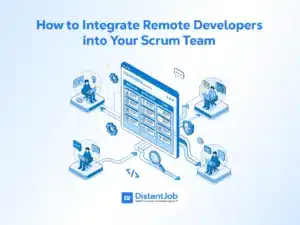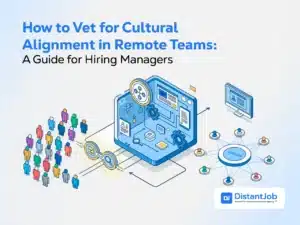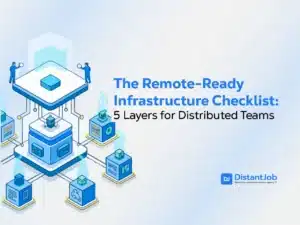Ah, Brexit. The word that divided the United Kingdom and is still causing chaos and uncertainty as we head towards the last and final deadline (probably). With the UK apparently set on leaving the EU in October, we can expect big changes with the way it does business with the rest of the world. So how is this going to affect remote workers and companies who hire them?
Brexit is likely to impact the working world in a number of ways. Firstly, there’s the inevitable contracts tangle that will happen as the UK makes its departure. There’s a whole lot of business contracts that are going to need overhauling once the negotiation of trade agreements is finalized.
Then there’s the fact that UK employment law may change, once its independent of the EU. Many of the UK’s laws, such as the Working Time Directive, are inherited from the EU so there may be some significant changes to pay and conditions post-Brexit.
Finally, the UK has been used to high numbers of EU immigrants making up a part of their workforce, and that number has significantly dropped off. What does that mean for employers and employees? Well, let’s take a look.
So Much is Still Unknown
Even more than three years after the EU referendum, and with less than four months until the final extension leave date, a lot of what Brexit might mean is still up in the air. The UK parliament hasn’t been able to come up with a deal that has the backing of a majority of MPs and it’s still possible that the UK may leave the EU without a deal in place.
Meanwhile, there is a significant movement in the UK to abandon Brexit altogether. The Labour, Liberal Democrat and Green parties are all campaigning to have a second referendum on the terms of the UK’s exit with the option to remain being offered as an alternative. It’s still possible that the UK will not leave the EU after all.
This all means that it’s hard to make predictions. If the UK has a trade agreement in place with the EU, there will be a lot less paperwork to be done. If it leaves without one, it will be a very different story.
The UK Workforce
Since the EU referendum, the number of EU citizens coming to work in the UK has dropped off by a staggering 95%. The knock-on effect of that (apart from a drop-of in diversity) is that there are now fewer applicants per opportunity. The UK is heading into a skills shortage, with 44% of employers reporting that they were having problems recruiting.
This has led to employers offering increased salaries to attract new hires and keep their existing staff. They’re also more willing to embrace flexible working in order to help employee retention. While a lot of the labor that comes from the EU is seasonal, Europeans also make up a good percentage of the skilled workforce. The number of applicants for medium-skilled roles has fallen by almost half and highly skilled by 25%.
It seems likely that UK companies will need to think differently to help them overcome the skills shortage. One obvious answer to the problem is for companies to turn to remote workers who can fill their vacancies without having any impact on immigration. There may also be an increase in ‘test-and-hire’ arrangements, where staff work remotely for a period to ensure they’re a good fit, and then they relocate.
UK Companies Employing Remotely
The UK’s employment law was significantly impacted by its EU membership. Many of the laws which made employees life better, like working hours and parental leave, come directly from the EU. But will these change, after Brexit? It’s certainly possible. Whether changes will be made to support business or employees will depend on the makeup of the government.
The EU had negotiated trade agreements with over 50 countries, leaving it means that the UK has to try and make its own agreement. Once that agreement is made, companies will need to review their own contracts – it’s a boom time for lawyers! This could present a problem for freelancers or gig economy sites who match remote workers to opportunities.
Currently, there’s an agreement for EU, EEA, and Swiss companies to employ ‘Frontier Workers’, staff who live in a different country to the company, but within the same area. So, a UK company is free to employ someone within the EU, and vice versa. Currently, there’s no clarity as to what will happen to this agreement. It seems likely that this is just another thing that will need to be renegotiated post-Brexit. For UK citizens living abroad, or EU citizens living in the UK there will be a need for some sort of registration process to ensure your right to live there.

How DistantJob Can Help
We help companies hire the best people, regardless of where in the world they live. We pre-screen candidates to make sure they’re technically great and will fit well with your corporate culture. But we do more than that. We understand that the legal and technical side of hiring someone on a different culture is not something that HR is used to – so we do it for you.
So, this whole Brexit headache? Consider us your personal aspirin for that. We’re a Canadian company, so there are no trade agreements that need to be negotiated between us and the UK (and even if it did, it would be terribly polite). It doesn’t matter where that person works, we’ll continue to take all the stress out of the situation.
If Brexit has left you with a skill shortage and you need the best remote technical talent to fill the gap? Get in touch with us today. We’d love to help.




